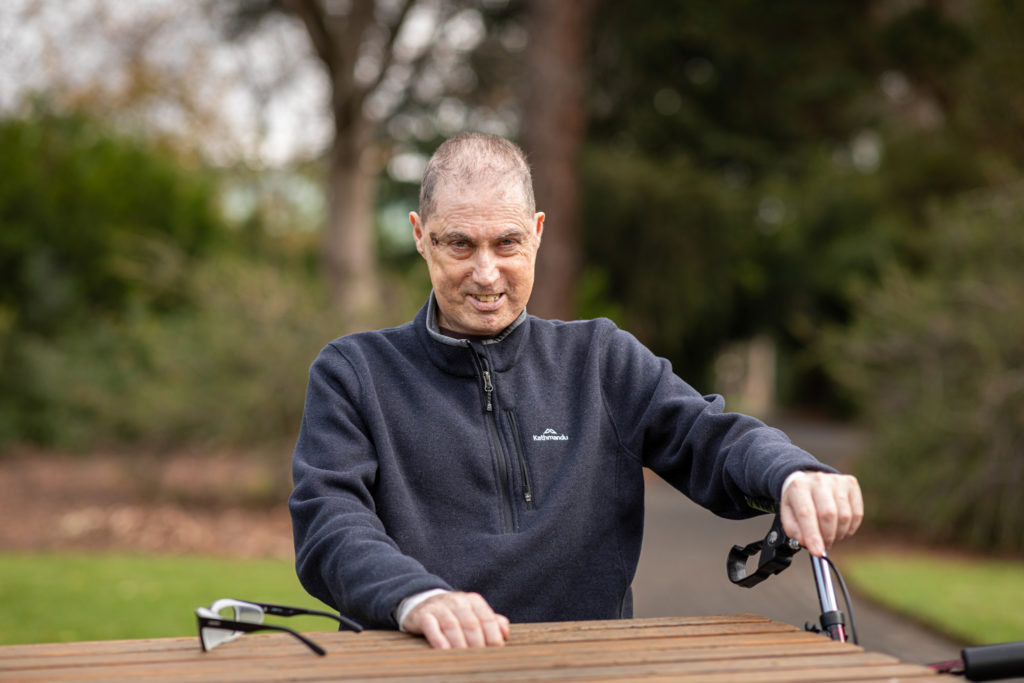Optimal Care Pathways for healthcare professionals
Optimal Care Pathways (OCPs) are designed to improve patient outcomes, by ensuring blood cancer specialists, treating hospitals, GPs and patients have access to the same, nationally consistent best practice treatment, care options and information across the country.
Benefits of Optimal Care Pathways for blood cancer
- developed by Australia’s leading blood cancer specialists
- developed with input from patient representatives
- endorsed by Federal, State and Territory health departments
- define optimal care for a patient diagnosed with a particular type of blood cancer.
Thanks to work recently completed by Australia’s Blood Cancer Taskforce, and previous work completed by the Cancer Council, there are now eight detailed Optimal Care Pathways available for blood cancer types.
Each Optimal Care Pathway (OCP) can be broken into three major components:
- A complete OCP which outlines the pathways and timelines that define optimal care for someone diagnosed with this particular type of blood cancer, suitable for healthcare professionals,
- A quick reference guide, which summarises the OCP and allows for quick access to information for healthcare professionals,
- A guide to best cancer care which is a version of the OCP specifically designed for patients and their loved ones.
Optimal Care Pathways are available for the following blood cancer and disorder types:
Optimal Care Pathways are one of the key recommendations in Australia’s National Strategic Action Plan for Blood Cancer. They will help you, as a health professional, provide nationally consistent, high-quality, evidence-based information at each stage of the blood cancer pathway, from diagnosis and treatment to ongoing care.
The impact of clear, accessible treatment information

“It’s important that medical advice and treatment options are available to everyone who enters the blood cancer arena.”
Graham, who was diagnosed with blood cancer in 2010, has suffered a severe decrease in physical ability due to his treatment – something he thinks could have been avoided had his treating team had a clearer direction.
“If everyone was singing from the same hymn sheet and following the best practice set out in an OCP,” says Graham, “those variables would have less impact.”
Last updated on May 14th, 2024
Developed by the Leukaemia Foundation in consultation with people living with a blood cancer, Leukaemia Foundation support staff, haematology nursing staff and/or Australian clinical haematologists. This content is provided for information purposes only and we urge you to always seek advice from a registered health care professional for diagnosis, treatment and answers to your medical questions, including the suitability of a particular therapy, service, product or treatment in your circumstances. The Leukaemia Foundation shall not bear any liability for any person relying on the materials contained on this website.
